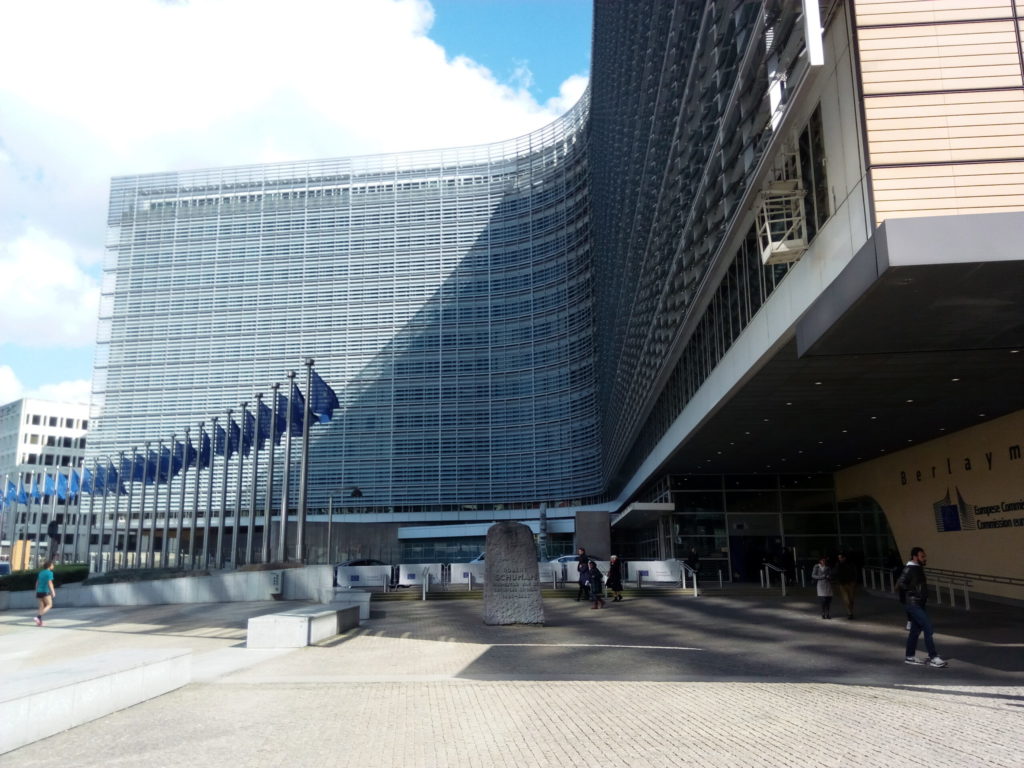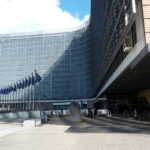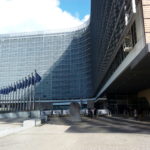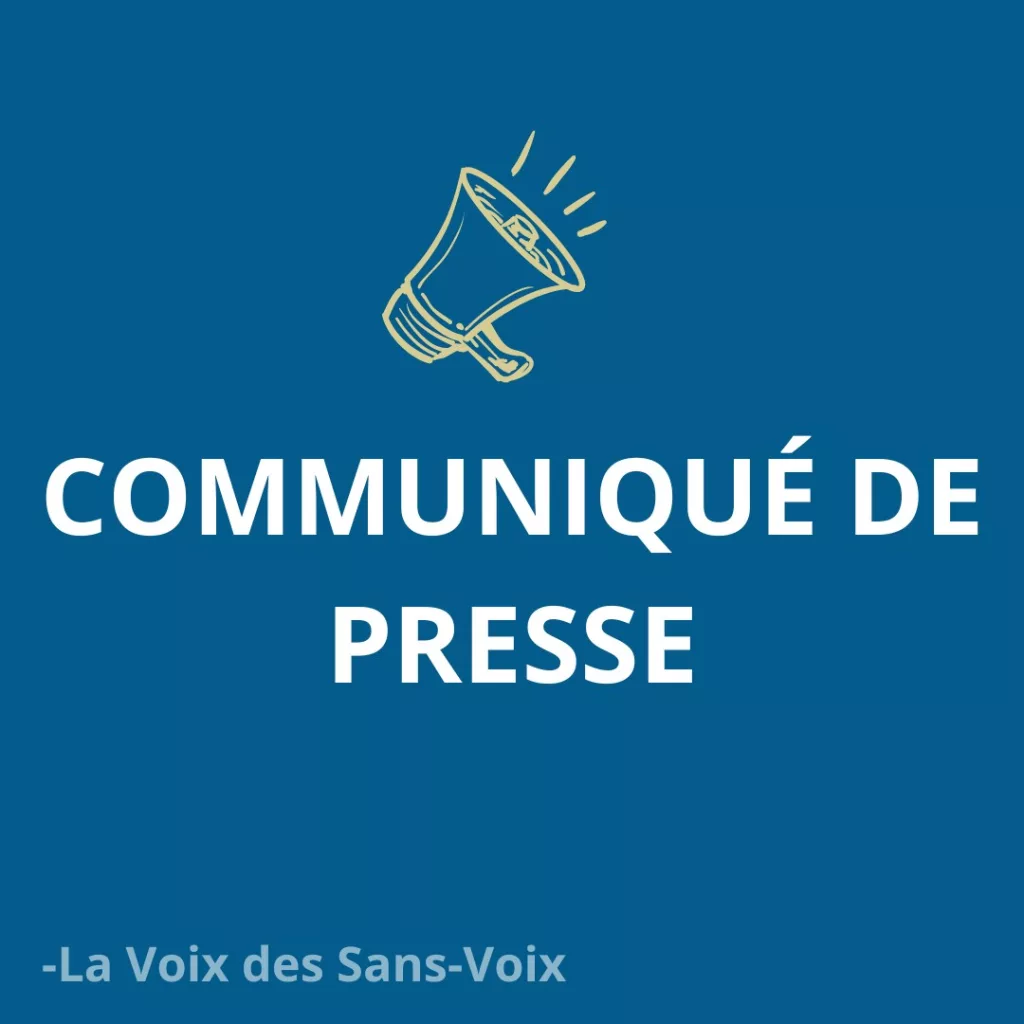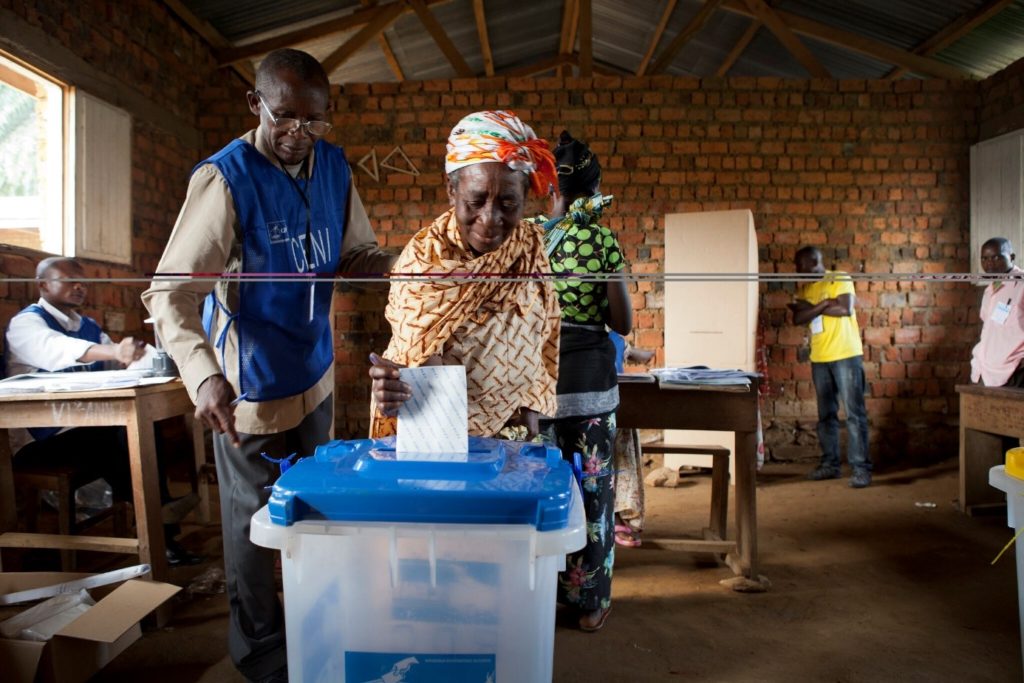Ces 29 et 30 novembre 2017, l’Union Européenne et l’Union Africaine se réunissent à Abidjan en Côte d’Ivoire pour échanger sur leur futur commun. Le Réseau Européen pour l’Afrique Centrale (EurAc) ainsi que Justice et Paix, pressent les leaders européens de concentrer leurs efforts pour échanger prioritairement autour des questions de droits humains, de bonne gouvernance et de paix pour les peuples africains par rapport aux thématiques du commerce, de la gestion des migrations et des intérêts sécuritaires européens qui prévalent dans leur agenda. Découvrez ci-dessous cet appel (Anglais).

**AU-EU Summit: EurAc urges EU leaders to put human rights, good governance and peace for African people before European trade, migration management and security interests
On the occasion of the 5th African Union (AU) – European Union (EU) Summit taking place in Abidjan, Côte d’Ivoire, on 29-30 November 2017, the European network for Central Africa (EurAc) urges EU Heads of States and Governments to adopt joint strong and concrete commitments which will truly and effectively put human rights, good governance and peace for African people before other interests normally benefitting Europe such as trade, exploitation of natural resources and migration management.
Civil society space is declining sharply in more and more African countries. Despite the recent adoption by the African Commission for Human and Peoples Rights of Guidelines for Freedom of Association and Assembly in Africa, an increasing number of African countries are adopting repressive measures with excessive government control and the criminalization of critical voices and dissenting opinions, as well as repressive non-governmental organisations (NGO) laws. Considering also the current context which holds true for many countries in Africa of attempts to change the Constitutions and for rulers to cling to power through extended mandate periods as well as increased illicit exploitation of natural resources and financial flows and rampant corruption, EurAc believes that the new flagship initiatives proposed in the joint communication from the European Commission (EC) and the EU High Representative for Foreign and Security Policy (HR/VP) in May 2017, which will be discussed during the Summit and in all likelihood included in the new roadmap for the Africa-EU partnership for 2018-2020, are not properly and concretely addressing the core issues and the key needs of the African people and their society.
Indeed, beyond the fact that the scope of the different flagship initiatives on democracy and human rights, as well as management of natural resources is too vague and lacks concrete steps and engagements, EurAc believes that the next roadmap should put the core principles of protection and promotion of human rights, good governance, the fight against impunity as well as the equitable, sustainable and accountable access to land and resources at its cornerstone. At present, this is not the case as this new partnership primarily focuses on strengthening economic ties between the two continents, increasing financial and private companies’ interests by enhancing investments and trade.
The new framework text of the EC on the relationship between the EU and Africa places particular emphasis on political space and democracy in Africa. Protecting the democratic space and the organization of fair, free and transparent elections that enable a peaceful change of power should therefore be a priority of the EU-Africa summit and be put forward as an important agenda item. Indeed, the summit can play a role in recognizing the essential role of civil society organizations in conflict prevention and statebuilding, democratic governance and citizen participation, social protection and socio-economic development and, in the framework of the Africa-EU partnership, the engagements that will be taken should recognise the need to provide the necessary space and resources to enhance the social potential of these actors. This new partnership should also be the opportunity to consolidate political relations and increase pressure on authoritarian regimes who are not complying with international and regional standards such as the African Charter on Human and People’s Rights and the African Charter on Democracy, Elections and Governance which celebrates its 10-year anniversary this year, and with the different agreements signed between the two continents such as the Cotonou Agreement.
The EU’s support for democracy and the protection of human rights constitutes the true added value of European cooperation compared to the approach of Africa’s other international partners. It is particularly important for the EU to put these principles back at the heart of its relations with the African continent, at a time when it finds it difficult to assert its role with regard to this partner, in a context in which other players such as China, South Africa, Angola or even Brazil are reinforcing their presence, particularly economically, and their influence in the region.
